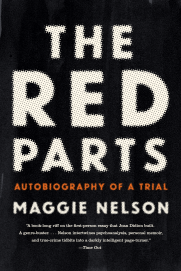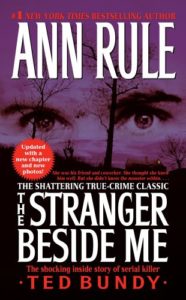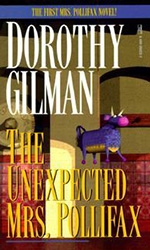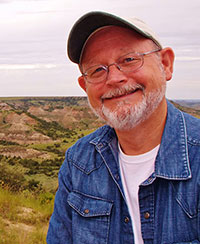Maggie Nelson: The Red Parts & Emily Winslow: Jane Doe January
 I recently read two great true crime narratives, The Red Parts: Autobiography of a Trial by Maggie Nelson and Jane Doe January: My Twenty Year Search For Truth and Justice by Emily Winslow, that started me thinking about the evolving way we look at crime. Both books demonstrate the seismic effect that advances in DNA testing have had on both prosecuting and narrating crime stories.
I recently read two great true crime narratives, The Red Parts: Autobiography of a Trial by Maggie Nelson and Jane Doe January: My Twenty Year Search For Truth and Justice by Emily Winslow, that started me thinking about the evolving way we look at crime. Both books demonstrate the seismic effect that advances in DNA testing have had on both prosecuting and narrating crime stories.
Maggie Nelson’s book of poetry Jane: A Murder, about her aunt was about to be published when she got a phone call from the police. Although she had never known her aunt, a University of Michigan student who had been killed thirty-five years earlier, the unsolved murder had resonated within her family and with the writer, who had obsessively sifted through the available sources about the killing and her aunt, including Jane’s diaries. But the Michigan State Police detective on the other end of the line revealed that DNA testing had suddenly revealed the one thing that only one living person knew previously—the identity of the killer.
 Most people on the planet know the “Ted Bundy” story (unfortunately). That alone does not make Ann Rule’s The Stranger Beside Me a true crime classic, though she relates the details of the case in her typically clear, well-told storytelling style. She’s one of the best in the biz, and this book illustrates the reason why. And on her telling of Bundy’s story alone, this would be a great true crime book. What takes it to the next level and makes it unique is the friendship she had with Ted Bundy, far pre-dating his notoriety. It’s her own change of feelings and attempt to understand what happened that make this book a standout.
Most people on the planet know the “Ted Bundy” story (unfortunately). That alone does not make Ann Rule’s The Stranger Beside Me a true crime classic, though she relates the details of the case in her typically clear, well-told storytelling style. She’s one of the best in the biz, and this book illustrates the reason why. And on her telling of Bundy’s story alone, this would be a great true crime book. What takes it to the next level and makes it unique is the friendship she had with Ted Bundy, far pre-dating his notoriety. It’s her own change of feelings and attempt to understand what happened that make this book a standout.
